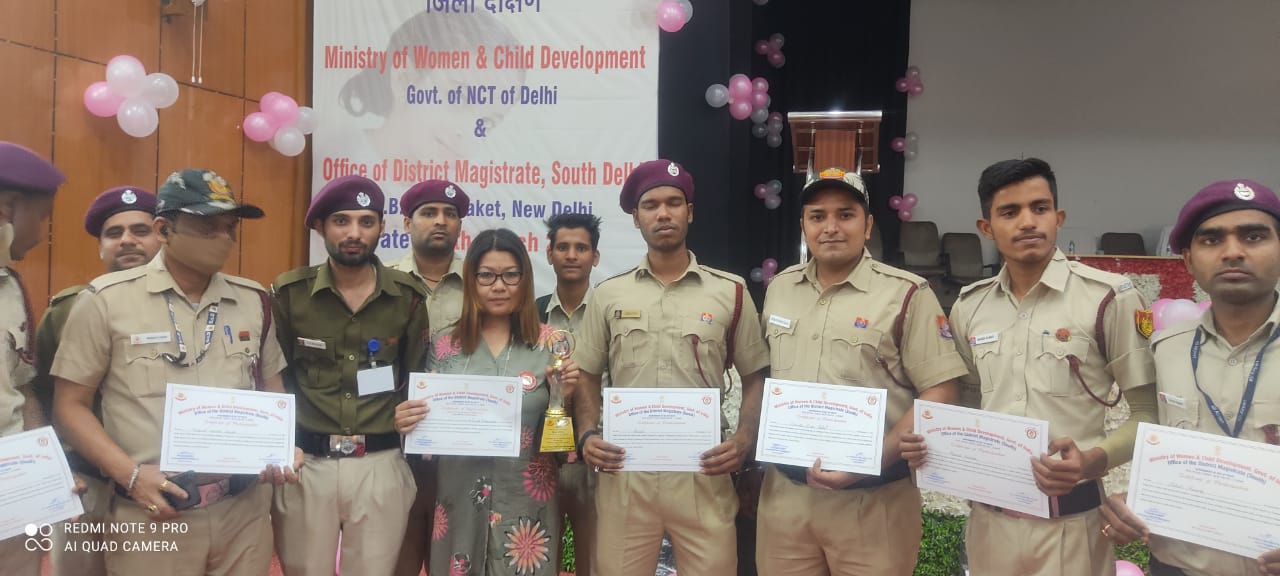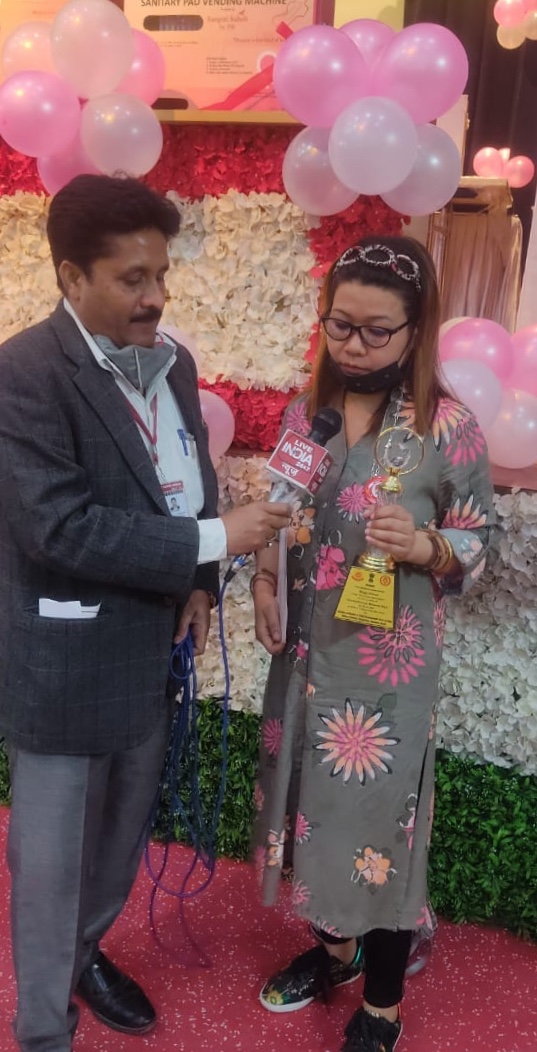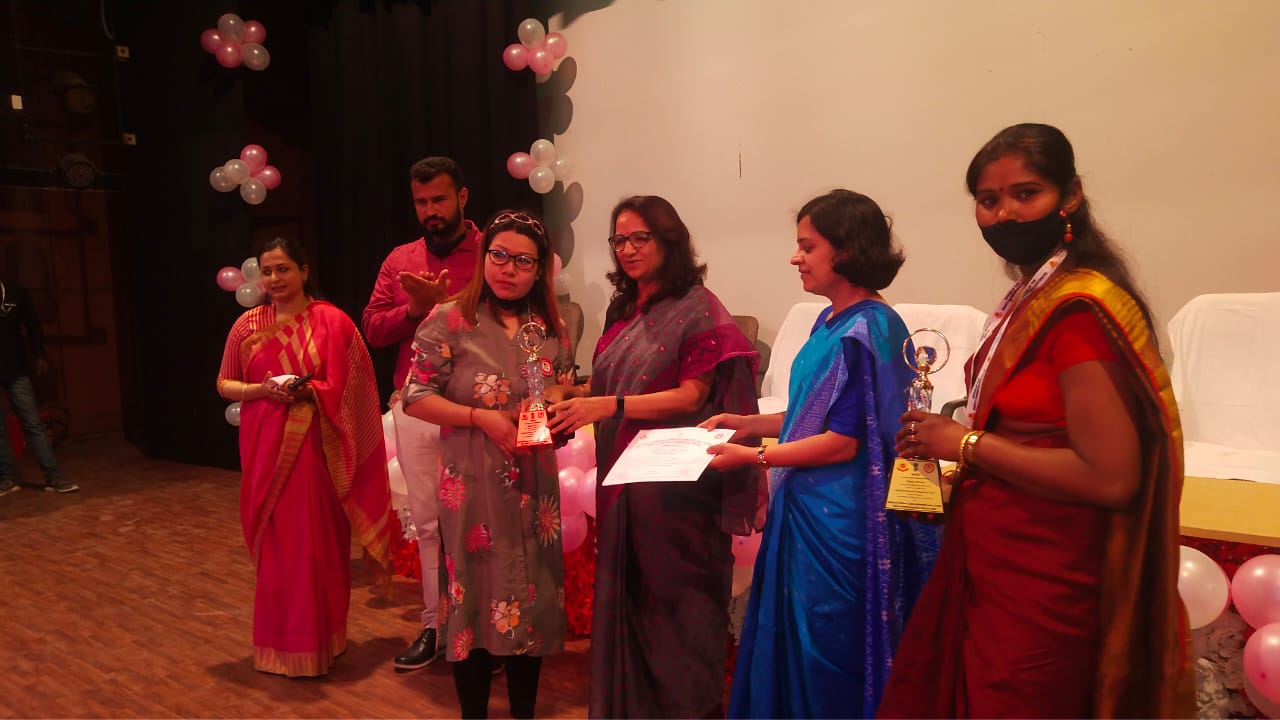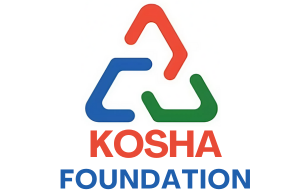Our Story
adolescence IN GIRLS
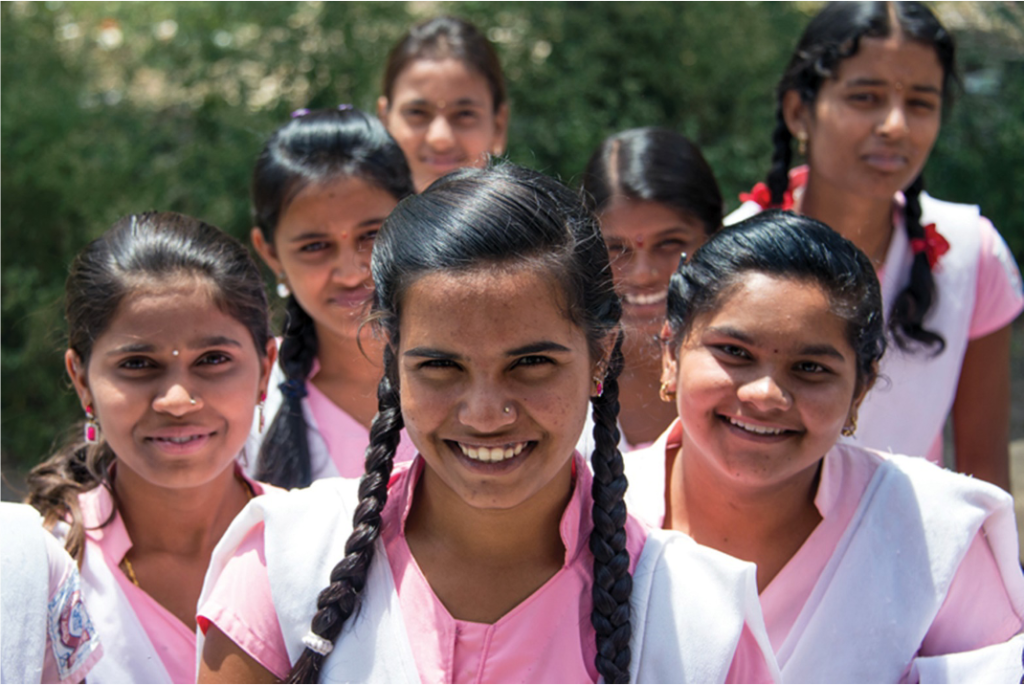
A young girl ending her life because she was shamed in school for period stain on her uniform is unacceptable. A teacher humiliating a female student for a period stain in class is unacceptable. Adolescence is a critical development window, and menarche offers an opportune moment to intervene. However, adolescent girls do not exist in isolation. They are a part of the larger eco system comprising their families, their communities and the schools they attend.
A normal teenage adolescent mind goes through a lot of difficult turmoil. Today, when teenagers experience the lack of a firm support system, especially the absence of one that encourages and welcomes discussion, they reach out to their one omnipresent and omniscient companion. Imagine being a teenage girl who hasn’t been clearly briefed on what menstruation is and finding yourself in a fix every month during the first few years of puberty. You would be utterly lost and confused about the changes taking place in your body and emotions, while being addled regarding whether or not you can approach or ask somebody about it.
With reports of teenage pregnancies and sexual abuse in India ever on the rise, the ideal expectation would be that a holistic curriculum be introduced within high school education — a genus of education that covers topics of gender equality and the significance of individual consent and boundaries, while also covering menstruation, reproduction and related topics.
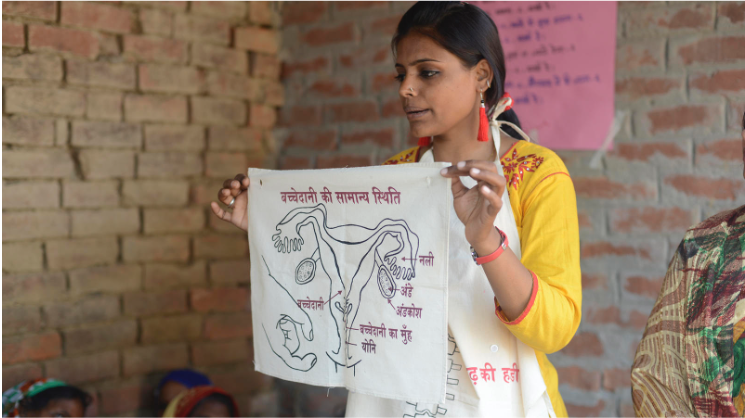
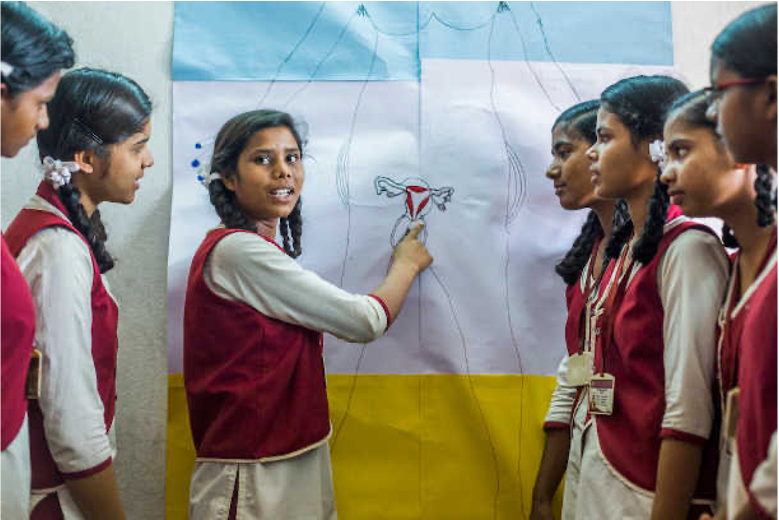
We have been working to break this taboo of mensuration in girls by our campaigns by our schools, we educated the families In rural areas so that they can understand that this is not something which you should be ashamed of it this is just a normal Thing which we all need to understand it is just a normal natural process.
We did campaigns in school where we taught children about sex education about mensuration, by our teachers this makes our youth understand these things more properly, we distributed sanitary pads, sanitizers etc. important things for mensuration Empowerment of women through education and increasing their role in decision-making can also aid in this regard. Women and girls are often excluded from decision-making due to their lower literacy levels per se. Increasing the education status of women plays an important role in improving the health status of the community at large and overcoming the cultural taboos, in particular. Provision of sanitary napkins and adequate facilities for sanitation and washing should be made available with the gender perspective.
WORK GALLERY
